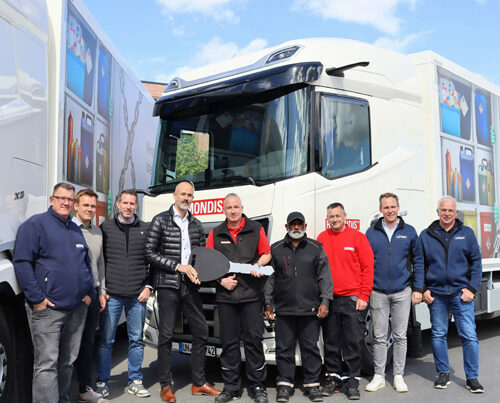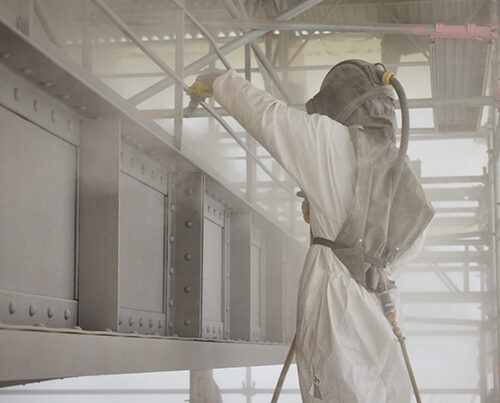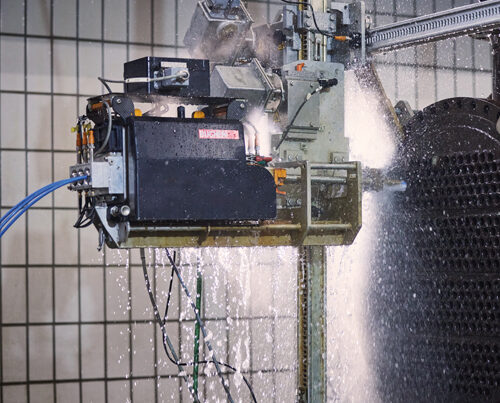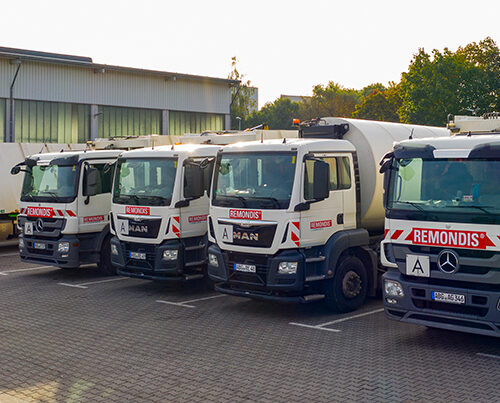A consortium of five companies and two universities headed by Pforzheim University is to carry out research into the topic: ‘single-use medical products in the circular economy – from disposal to recycling for reuse’ [German title: ‘Medizinische Einmalgebrauchsprodukte in der Kreislaufwirtschaft – Wege von der Beseitigung zur stofflichen Verwertung’ or simply ‘MEiK’]. The Federal Ministry for Economic Affairs and Climate Action is supporting the project financially and giving the partners a grant amounting to just under 1.7 million euros. The goal of their work: to find climate-friendly systems that enable single-use medical products to be recycled for reuse. Over the next three years, they will be looking at all aspects of the chain – from production, to use in hospitals, to disposal – and developing closed-loop approaches for these products, in particular for those made of plastic. REMONDIS Medison will be responsible for recycling the waste.
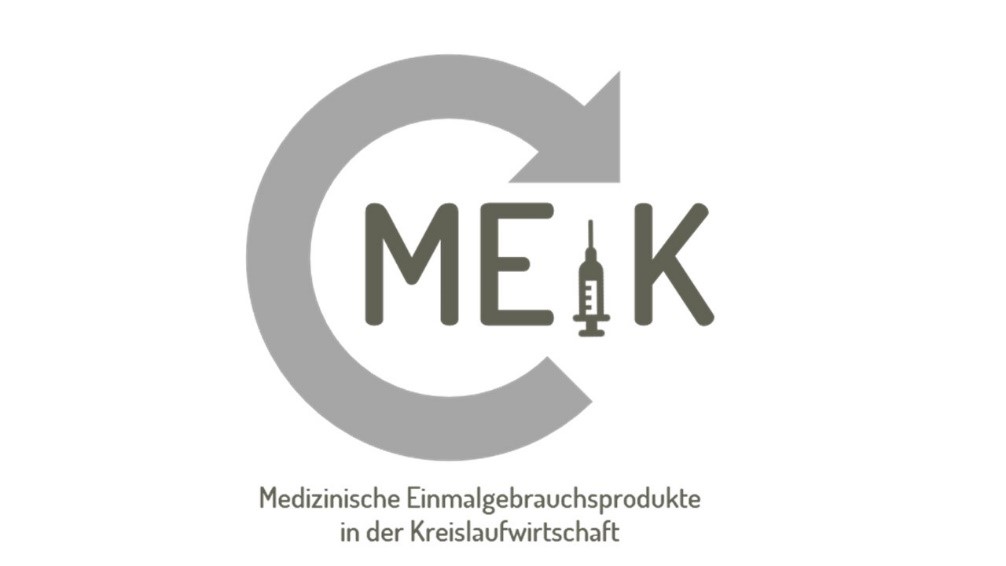
In the past, there has been a blanket ban on medical waste being recycled for reuse because of the risk they may pose to human health. The way such single-use products are handled, however, means that valuable raw materials are destroyed. The climate and energy footprint of the material production processes would be considerably improved if the products were sent for high quality recycling instead. What’s more, recycling these materials so they can be reused would reduce dependency on material imports. Which is why the consortium is not only looking to develop novel technical and organisational approaches but also to help revise the legal framework governing the disposal of healthcare products.
Nineteen representatives of this consortium travelled to Pforzheim University in January 2024 to take part in the kick-off meeting.
The partners’ development work will be focusing on a selection of medical products manufactured by the three companies, B. Braun (Aesculap plant in Tuttlingen), Harro Höfliger (Allmersbach i. T.) and Carl Zeiss Meditec (Oberkochen). The main task of these three companies will be to design products that can be recycled. The products being looked at include surgical suture packaging and disposable products used to remove cataracts. Cataract surgery is the most common form of eye surgery performed around the world; over 300,000 such surgeries take place in Germany alone every year, with each individual procedure generating around 2.2 kilos of medical waste. This process will be examined and analysed to see how a circular economy approach can be implemented here.
With the products being used in different areas, these analyses will be both interdisciplinary and user-oriented. Lüneburg Hospital will, for example, be collaborating with nursing scientists from htw saar (University of Applied Sciences Saarbrücken) to examine a selection of medical and nursing procedures that generate waste medical products. Together, they will then use the findings to optimise the processes and develop training concepts so that more sustainable waste management solutions can be implemented.
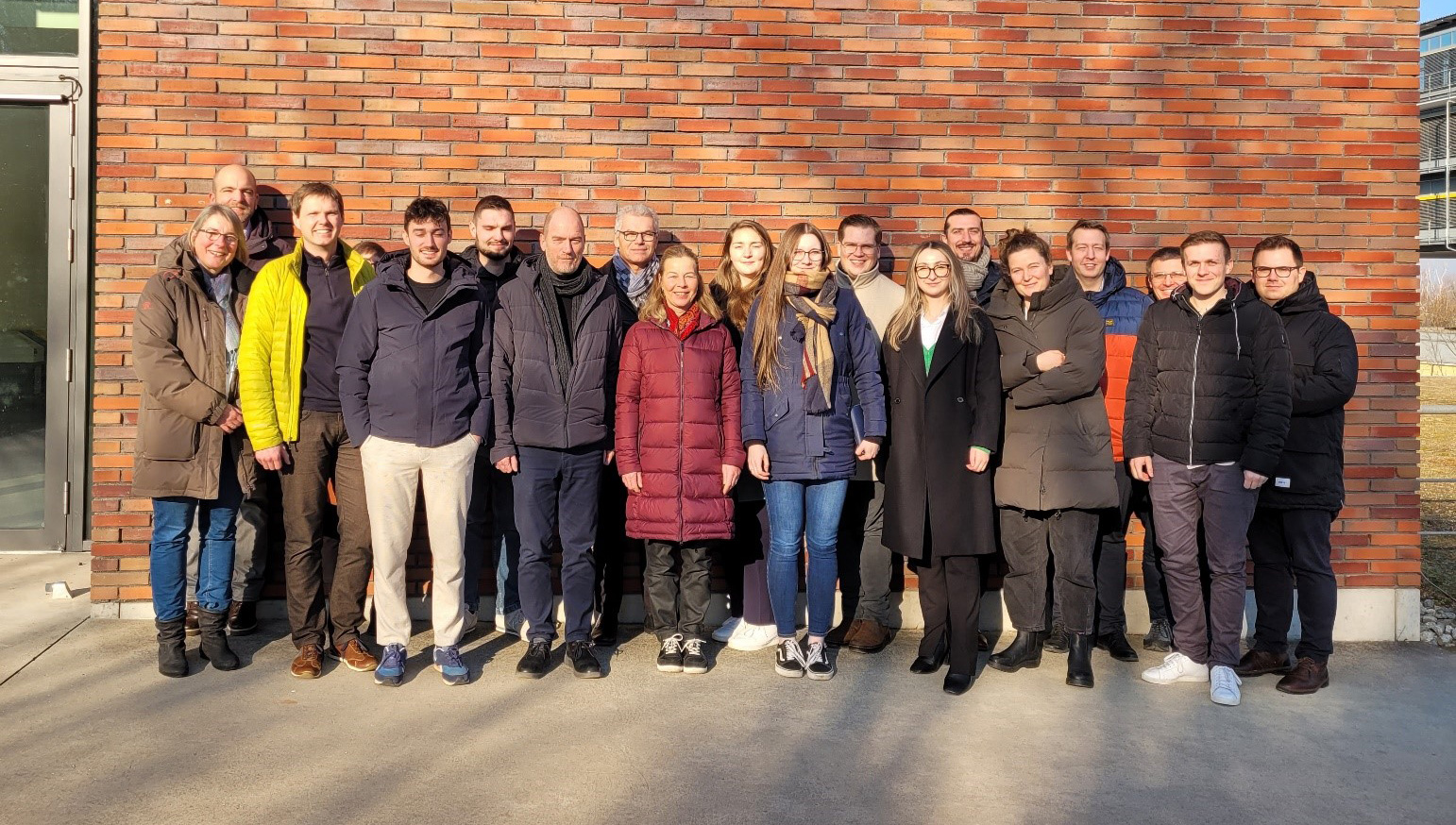
The MEiK project consortium at Pforzheim University
“The healthcare sector is the fifth-biggest waste producer in Germany. Which means that waste management and recycling are a great lever for driving forward sustainability. We can conserve natural resources and cut greenhouse gas emissions by moving away from thermal treatment and carrying out high quality recycling so the materials can be reused.”
Jessica Hövel, Sustainability Officer, REMONDIS Medison GmbH
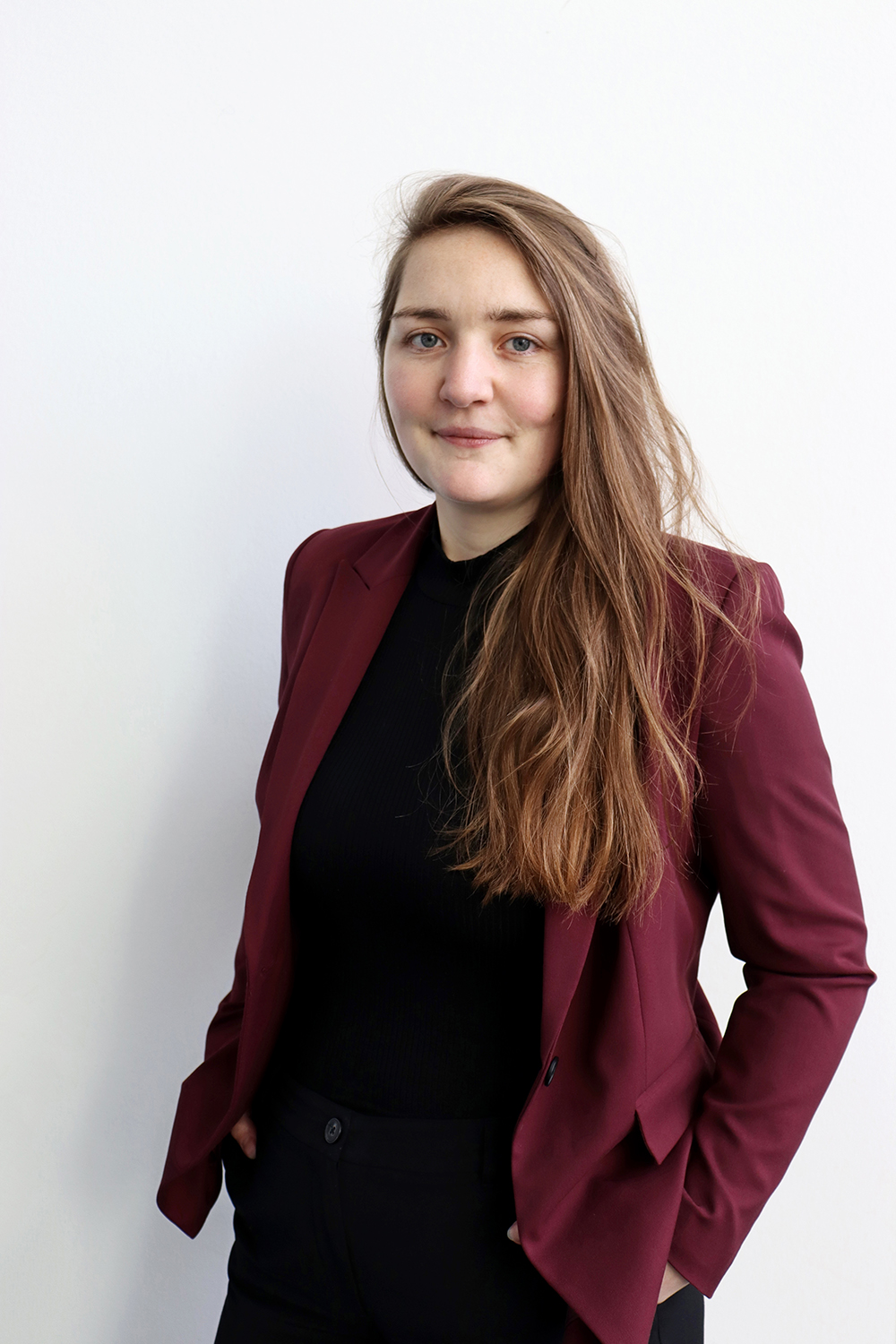
REMONDIS Medison operates a sterilisation plant that is one of a kind
The waste is recycled by the recycling company REMONDIS Medison (Lünen), which is one of the few companies in Germany to have a recycling plant for such waste. While it is only possible – and only permitted – to use these materials to generate energy at the moment, its goal is to enable these waste products to undergo high quality recycling so the materials can be recovered for reuse. To make this possible, the department of sustainable product development at Pforzheim University will not only be examining the composition of the waste but also the material properties of the plastics to see how they can be reused.
Associated partners supporting this project include BIOPRO Baden-Württemberg, which will be planning transfer activities, and Saarbrücken Hospital, which will be helping to analyse and optimise processes.
The MEiK project, which began on 1.1.2024, is due to run for three years and is being supported by the Federal Ministry for Economic Affairs and Climate Action (grant number: 03EI5020A) and PTJ (Project Management Jülich / Berlin office).
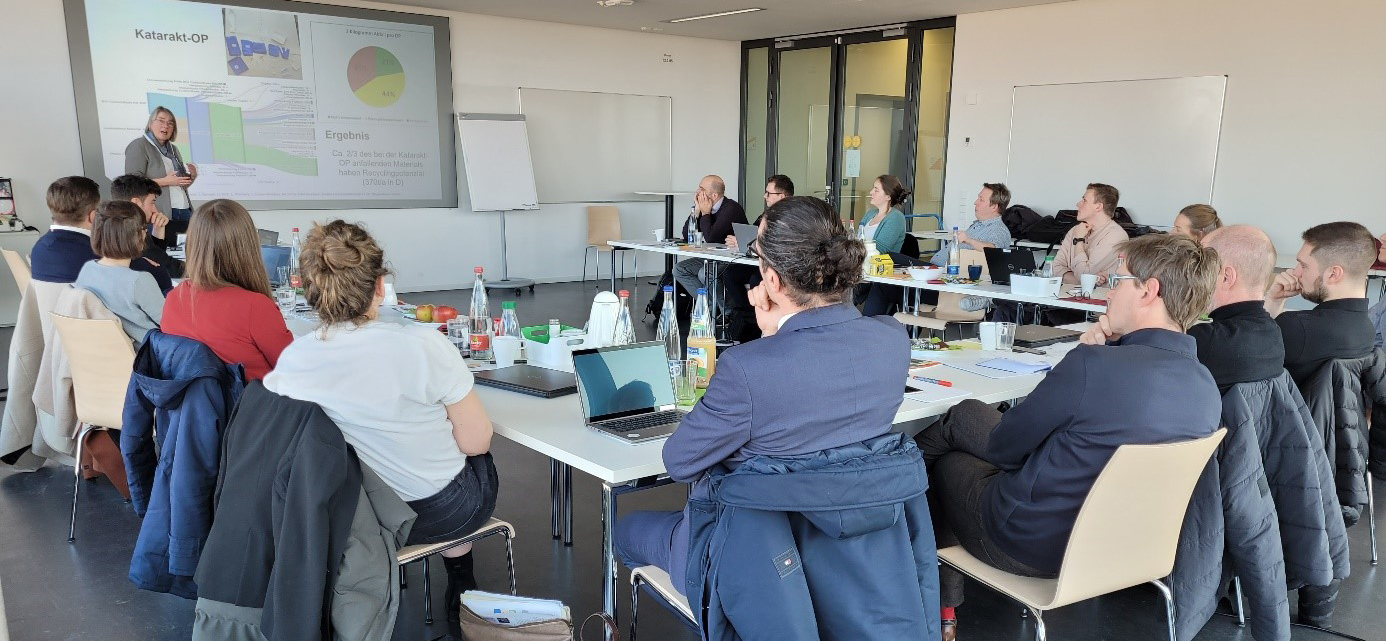
The latest research results being presented during the kick-off meeting
Image credits: image 1: Shutterstock: Ground Picture; image 2: S. Eberle/Pforzheim University; image 3: REMONDIS; image 4: J. Woidasky/Pforzheim University








